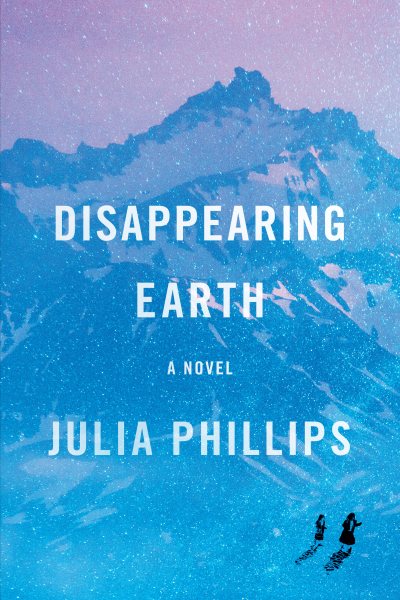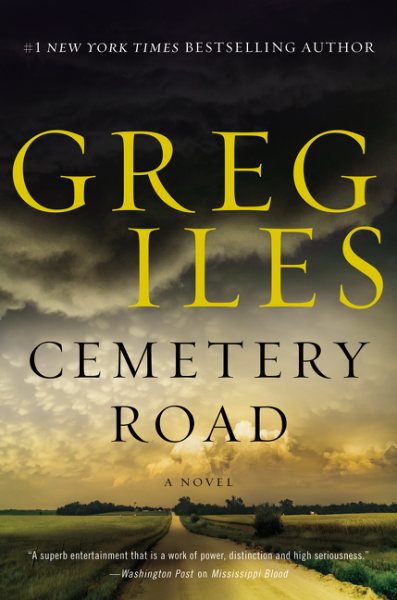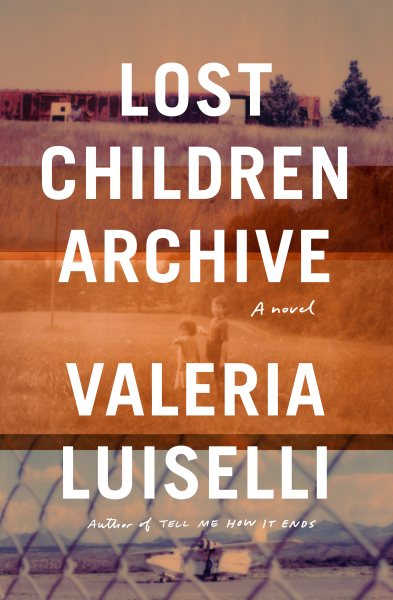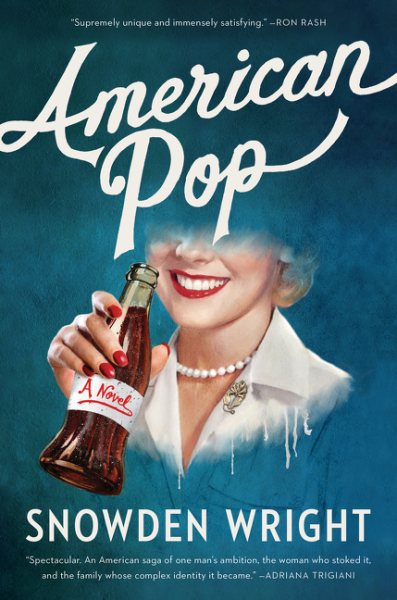Interview by Jana Hoops. Special to the Clarion-Ledger Sunday print edition (May 26)
 As a Brooklyn native who spent her college years studying the Russian language and who has long been fascinated with true stories of crime and violence–especially those within an ethnic or gender context–writer Julia Phillips presents Disappearing Earth, her debut novel that describes in detail how the effects of one heart-wrenching crime touches an entire Russian community.
As a Brooklyn native who spent her college years studying the Russian language and who has long been fascinated with true stories of crime and violence–especially those within an ethnic or gender context–writer Julia Phillips presents Disappearing Earth, her debut novel that describes in detail how the effects of one heart-wrenching crime touches an entire Russian community.
Phillips is a Fulbright scholar who holds a special interest in the Russian peninsula of Kamchatka. After visiting the sparsely populated and fiercely rugged (thanks to the ravages of earthquakes and volcanic eruptions) area, she decided this was “an ideal place to disappear.” The book describes the abduction of two young girls and the yearlong process of local strangers who, in their own ways, were all affected by the crime.
Today she’s back in Brooklyn, working on a new novel that she says will take place “a little closer to home.”
Since this is your debut book, please tell me a little bit about yourself.

Julia Phillips
Though I wrote this book about Russia, I’ve spent my whole life in pretty much the same area of the United States. When I was born, my family was living in Brooklyn, but we moved to New Jersey when I was four years old. I came back to New York City to go to college–I went to Barnard, a small women’s college that’s part of Columbia University–and have been here ever since.
All that time, I’ve dreamed of being a novelist. My short stories, essays, and articles have appeared in different literary magazines and outlets including The Atlantic and Slate. The first story I ever published was in a tiny online journal in 2009. This book coming out now, a decade later, is a dream come true.
The format of Disappearing Earth is unique in that it begins with the abduction of two young girls, with each chapter (beginning in August when the girls were taken) titled chronologically by the names of the 11 months in which the book takes place, ending the next July. Nearly every chapter introduces new characters who relate how this crime touches their lives. When you were first developing this book, is this how you originally planned to present the plot, and why?
Yes, this structure was very much the plan from the start. I’m an avid reader and watcher of missing-person stories like the ones on Law & Order: Special Victims Unit, but the stories that most excite me are those that show the relationships between individual acts and larger systems. I don’t want to hear only about a single perpetrator and victim–I want to know about the families, neighbors, witnesses, investigators, and politicians involved. How did this terrible thing happen? A person decided to hurt someone else, but who else knew about that decision? Who did or didn’t try to help the person who was hurt? Looking at that larger context can turn a shocking headline into a real, resonant experience that illuminates the power structures that surround us.
A situation like the one in this book, where two girls go missing for so long, doesn’t just involve one person. It reaches many. And so, I wanted Disappearing Earth to tell the story of a whole community affected by this one act. Every chapter focuses on a different woman in order to explore the ways violence comes into women’s lives, ranging from the rare and highly publicized, such as an abduction by a stranger, to the everyday and often ignored, such as a toxic relationship or a doctor’s appointment gone wrong. These different hurts echo each other, overlap, and end up connecting the characters in ways they never anticipated. Ultimately, their connections are the key to understanding this crime.
The book is set in the Kamchatka Peninsula of Russia, an area not familiar to many of us, but a thought-provoking lesson in its long-held ethnic tensions. Tell me about your knowledge of and interest in this region, and why you chose it as your setting.
I studied the Russian language through college, and Kamchatka was always mentioned in our classes as a distant, magical place. It’s a remote volcanic peninsula cut off from mainland Russia. During the Soviet Union, no foreigners were allowed to go there, but since the Berlin Wall’s collapse, it’s become a global destination for adventure tourism. Socially, politically, geographically, Kamchatka is full of extremes. The more I learned about it, the more the region’s isolation, natural beauty, and dynamic history appealed. By the time I went to Kamchatka for over a year to write this book, I was convinced: this was the perfect setting for an enormous locked-room mystery.
Tell me about the title of the book. There are a few references in the story about a “piece of earth that disappeared.” How does the phrase explain or reinforce the story?
When we first meet the two young girls who will go missing, one is telling the other the tale of a tsunami that swept a whole cliffside town off Kamchatka. Only a few pages later, these girls are also swept away by something out of their control. That tsunami story represents so much loss experienced in this novel: the girls are abducted; the women around them don’t trust their surroundings; the peninsula itself is risky, prone to earthquakes, landslides, and volcanic eruptions; the community is still reeling from the collapse of their entire nation in 1991. These characters are walking on unsteady ground. Anything and anyone might disappear next.
Without giving it away, can you tell why you chose the unique ending that wraps up the story? It’s a stirring departure from the style of the rest of Disappearing Earth.
In the year that follows the girls’ disappearance, this novel explores so many different characters. It was important to me that no matter where the narrative ranges, we maintain our connection to those two missing girls. We are invested with them in the start and we need to know what happened to them in the end. It wouldn’t feel right any other way.
After all, I wrote Disappearing Earth not only to investigate what violence and loss look like in a community but also to argue for that community’s ability to grow, find closure, and heal. All these people on Kamchatka are hurting because of this one crime. Chapter by chapter, they connect to each other, seeking answers. Those links are meaningful to the characters, as they help each other through their daily lives, and to us readers, as we wish for the girls’ abduction to be solved. My hope is that the book’s ending affirms the importance of those connections and gives us all the satisfaction we were looking for.
Julia Phillips will be at Lemuria on Wednesday, May 29, at 5:00 p.m. to sign and discuss Disappearing Earth. Lemuria has chosen Disappearing Earth as its June 2019 selection for its First Editions Club for Fiction.


 Oxford’s Mary Miller highlights a Mississippi coastal town with a thoughtful tale of a middle-aged man facing an uncertain and lonely future–until he adopts a dog on a whim and one thing leads to another.
Oxford’s Mary Miller highlights a Mississippi coastal town with a thoughtful tale of a middle-aged man facing an uncertain and lonely future–until he adopts a dog on a whim and one thing leads to another.
 I once heard that suspense in a work of fiction should feel like watching a balloon expand steadily. Each detail, each new turn or development in the plot should function like another breath going in, applying another ounce of pressure as the skin swells and grows taut until at last it reaches the breaking point.
I once heard that suspense in a work of fiction should feel like watching a balloon expand steadily. Each detail, each new turn or development in the plot should function like another breath going in, applying another ounce of pressure as the skin swells and grows taut until at last it reaches the breaking point.
 His newest,
His newest, 
 Valeria Luiselli’s newest novel,
Valeria Luiselli’s newest novel, 
 I was very excited to see a family tree in the first few pages. From Gabriel García Márquez’s One Hundred Years of Solitude to Yaa Gyasi’s
I was very excited to see a family tree in the first few pages. From Gabriel García Márquez’s One Hundred Years of Solitude to Yaa Gyasi’s 